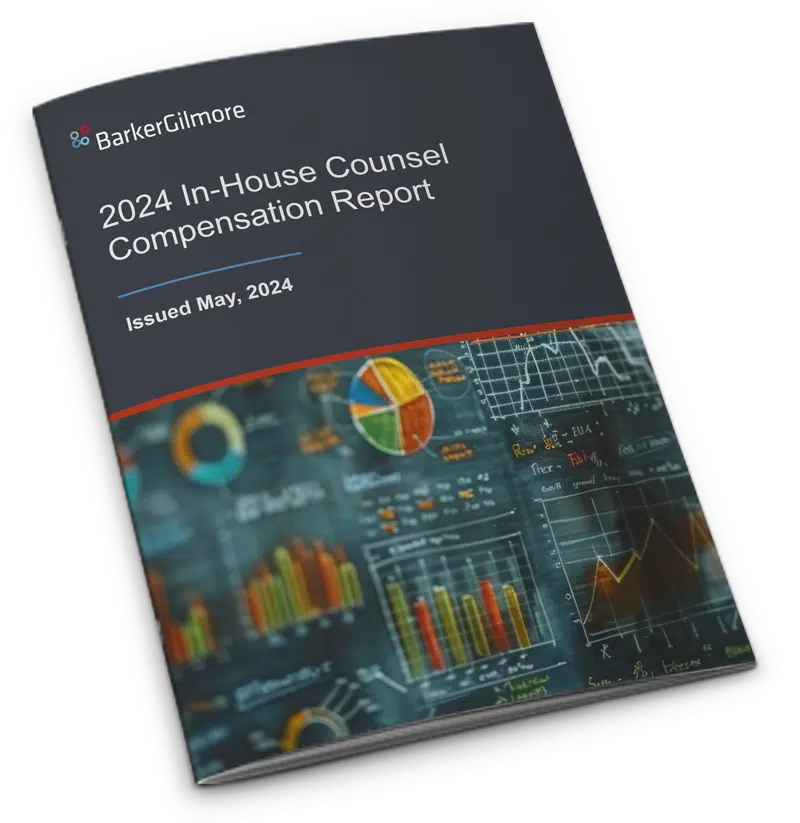Trustworthy. Transparent. Communicative. Confident. Excited. Passionate. Would any of these words describe the last recruiter you worked with? If you answered anything but a resounding “yes,” then it may be time to have an open and honest discussion with your recruiter regarding your expectations, or find someone new who better aligns with your beliefs, capabilities, and goals.
Recruiters take pride in representing not only the hiring organization, but also the prospective candidates. It is their job to do what is best for both parties, to foster growth, to cultivate success, and to create impactful employer-employee relationships. While recruiters are often equated to matchmakers, when it comes down to it, their role is much more complex than simply linking a candidate to a company.
First, there must be an initial lure. The recruiter presents an exciting opportunity, and the candidate is intrigued. This is where the candidate-recruiter relationship begins. As with any other relationship, honesty, integrity, and mutual respect are essential to building a strong foundation of trust. One misstep early on can prove detrimental. The recruiter must be honest with the candidate regarding the job opportunity, but the candidate must also reciprocate, fully disclosing any factors that may make them hesitant to accept the job on the table, or perhaps to make a career move in general. These may include compensation, location, family obligations, colleagues, work-life balance, or job satisfaction.
Then, a recruiter must ask detailed skill-based and personal questions, designed to learn more about not only the candidate’s experience and expertise, but who they are as a person, what motivates them, and the ideal cultural fit. Years of experience, educational background, and hard skills are all important in identifying a strong candidate. However, there is a plethora of factors to consider that are equally as crucial and can so easily make or break a deal. Cost of relocation, prospective bonuses left behind, unvested equity, the sale of a home, finding a new job for one’s partner, enrolling one’s children in a new school, and doggy daycare, among many other elements, must all be taken into consideration.
So, how can a prospective candidate assist in this process? Open and honest communication.
A candidate should vent to their recruiter, share their frustrations and goals, and always trust that the recruiter is there to find their dream job and build their ideal career. Rest assured that recruiters are professionals; any information disclosed will be maintained in the utmost of confidentiality. What a candidate says only deepens the recruiter’s understanding of their skills, goals, needs, wants, and motivations. Likewise, what a candidate fails to disclose only serves to weaken the candidate-recruiter relationship and to threaten the success of the job placement. If everyone does their part to maintain clear lines of candid communication, then there will be few surprises at the finish line.
Remember, if a recruiter approaches a candidate with an opportunity, it is because they believe it to be a good fit based upon what they know of that candidate. A good recruiter will be transparent about whether the role and the hiring organization are right for the candidate, and whether they have the requisite skillset. They will take pride in telling a candidate what they need to hear, regardless of whether it is what they want to hear. However, if a candidate is not honest regarding the parameters and limitations of their job search, then it will be more difficult for the recruiter to determine the ideal role confidently and accurately.
When in doubt, just ask! The age-old adage applies here too: “There is no such thing as a bad question.” Ask about the opportunity: its benefits and its requirements. Ask about the hiring organization: its history and its mission. The more information that a candidate has at their disposal, the better they will be able to determine whether a career change is right for them, and the better the recruiter will be able to guide them through the process.
Lastly, don’t be too quick to say “no.” Know that if a recruiter brings a job opportunity to a candidate’s attention, it is because they truly believe in their client, the candidate’s background, and the value of the upward move. It is wonderful if a candidate is happy, valued, and well taken care of in their current role, but they should not let security or passion prevent them from learning about something new. Keep an open mind and listen before making an informed decision, always remembering that some of the best opportunities arise when they are not actively being sought.
Today, trust is even more important than ever. As such, it is imperative that the recruiter and candidate work together to maintain open, honest lines of communication, founded upon mutual respect and the common goal of not just finding the right candidate for a company, but finding the right company for a candidate.
Contact Us
Here at BarkerGilmore, the proudest measure of success is based on stick rate, or how long a placement remains with the client company. A win-win situation is only achieved if the candidate’s career thrives for the long term and the client receives exceptional value year after year. To partner with us for an executive search, or to learn more about our coaching and mentoring services for legal counsel, contact our team today.
Connect with a legal recruiting advisor
* indicates required fields






